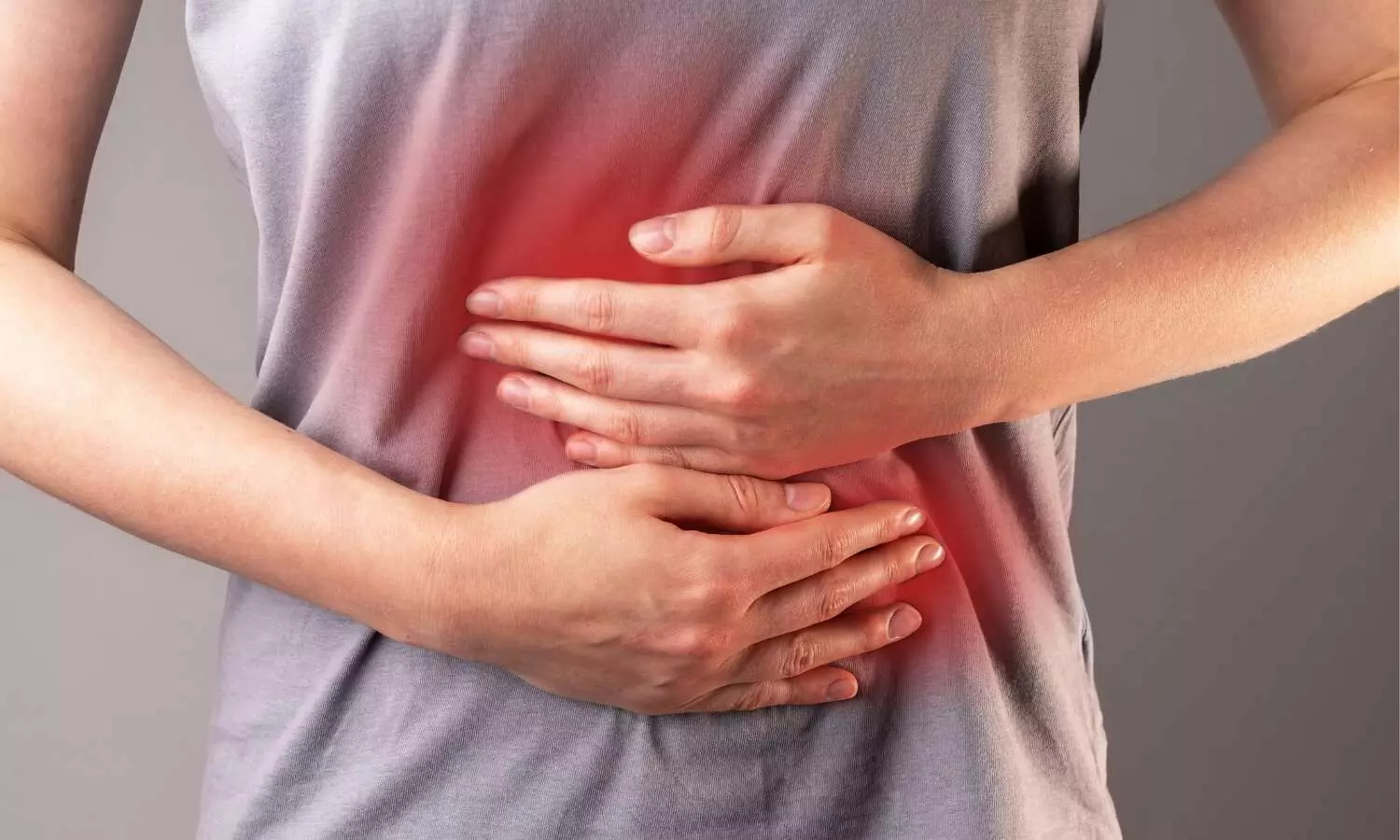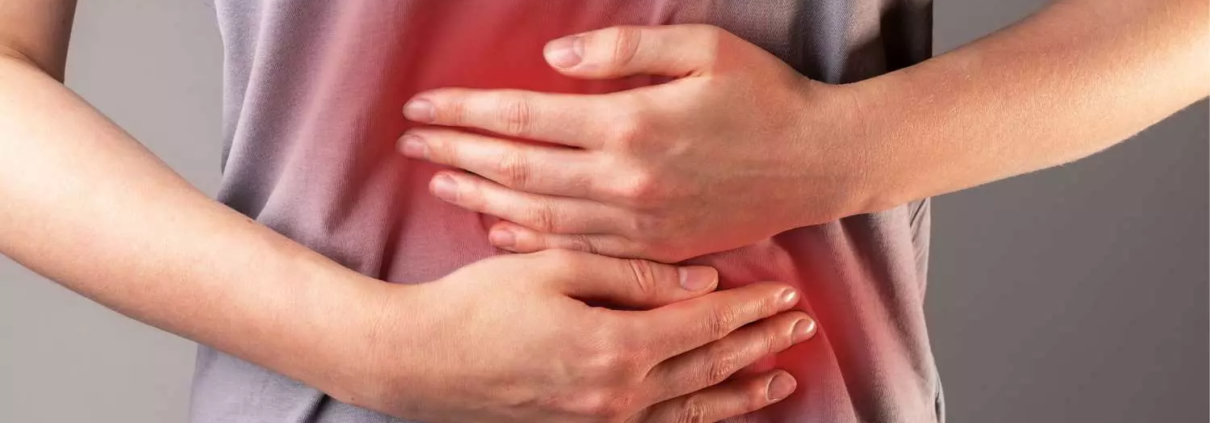Vitamin D Deficiency Linked to Heightened Nausea and Gastric Issues in Gastroparesis Patients: Study

USA: More than half of patients with gastroparesis symptoms exhibit low vitamin D levels, which are associated with increased nausea, vomiting, and impaired gastric neuromuscular function, says a recent study published in Digestive Diseases and Sciences.
Gastroparesis (Gp) is a gastrointestinal disorder characterized by delayed gastric emptying and often accompanied by debilitating symptoms such as nausea, vomiting, and bloating. Gp patients have diets deficient in electrolytes, calories, and vitamins. Although some patients with gastroparesis have been reported to have low vitamin D levels, this issue has not been systematically investigated. Considering this, Kenneth L. Koch, Section Of Gastroenterology, Wake Forest University, Winston-Salem, NC, USA, and colleagues aimed to determine vitamin D levels and relationships among symptoms, gastric emptying, and gastric myoelectrical activity (GMA) in patients with symptoms of Gp.
For this purpose, the researchers measured 25-hydroxy-vitamin D levels in patients upon enrollment in the Gastroparesis Clinical Consortium Registry. They also assessed gastroparesis symptoms using the Gastroparesis Cardinal Symptoms Index (GCSI), evaluated gastric emptying, and conducted gastric myoelectric activity tests before and after the water load satiety test (WLST). GMA was recorded using electrogastrography, with activity percentages categorized into normal and dysrhythmic ranges.
The study revealed the following findings:
- Vitamin D levels were low (< 30 ng/ml) in 56.1% of patients with symptoms of Gp (54.8% of patients with delayed gastric emptying (Gp) and 59.9% of patients with symptoms of Gp and normal gastric emptying).
- Low vitamin D levels were associated with increased nausea and vomiting but not fullness or bloating subscores.
- Low vitamin D levels in patients with Gp were associated with greater meal retention at four hours (36% retention) compared with Gp patients with normal vitamin D levels (31% retention).
- Low vitamin D in patients with normal gastric emptying was associated with decreased normal 3 cpm GMA before and increased tachygastria after WLST.
“This study establishes a foundation for further research into vitamin D supplementation in patients with gastroparesis who exhibit low vitamin D levels. Future investigations should explore whether replenishing vitamin D can improve gastric neuromuscular function and alleviate gastroparesis symptoms. In the interim, we recommend evaluating vitamin D levels in patients with gastroparesis and administering vitamin D supplements if a deficiency is found.” the researchers concluded.
Reference:
Koch, K.L., Parkman, H.P., Yates, K.P. et al. Low Vitamin D Levels in Patients with Symptoms of Gastroparesis: Relationships with Nausea and Vomiting, Gastric Emptying and Gastric Myoelectrical Activity. Dig Dis Sci (2024). https://doi.org/10.1007/s10620-024-08520-8



